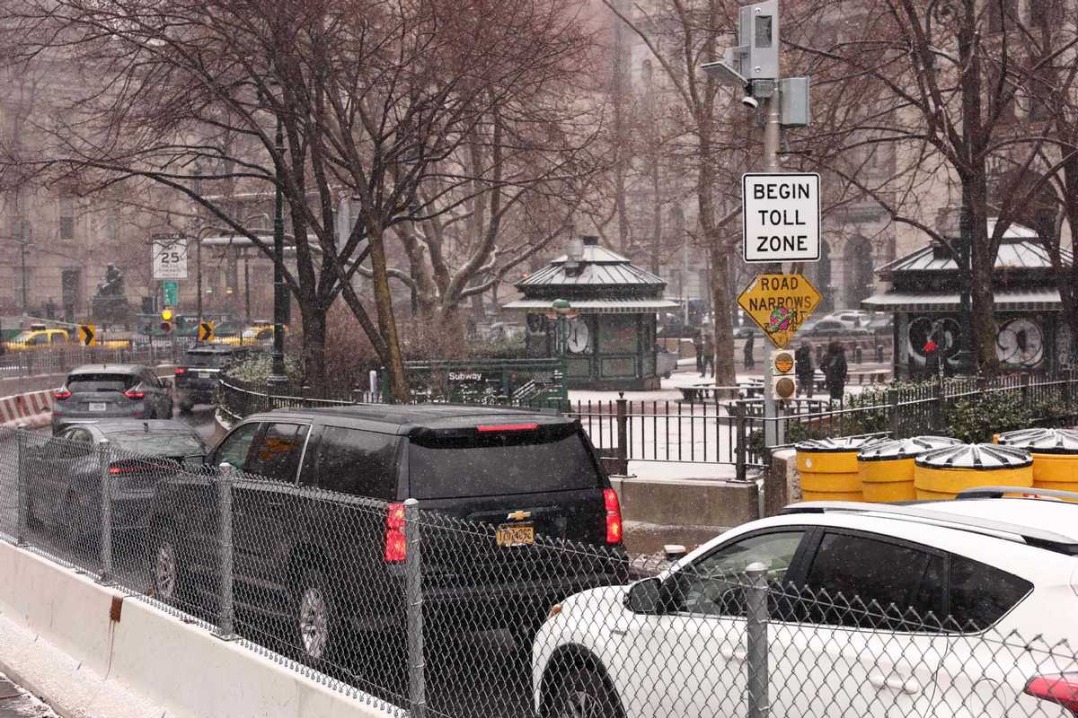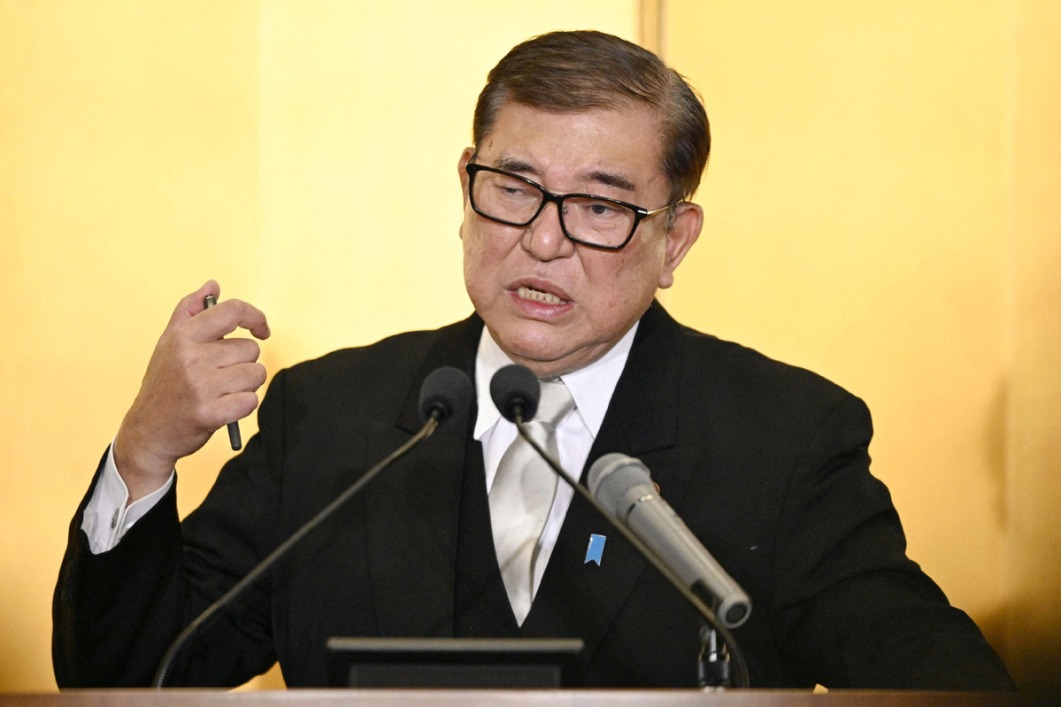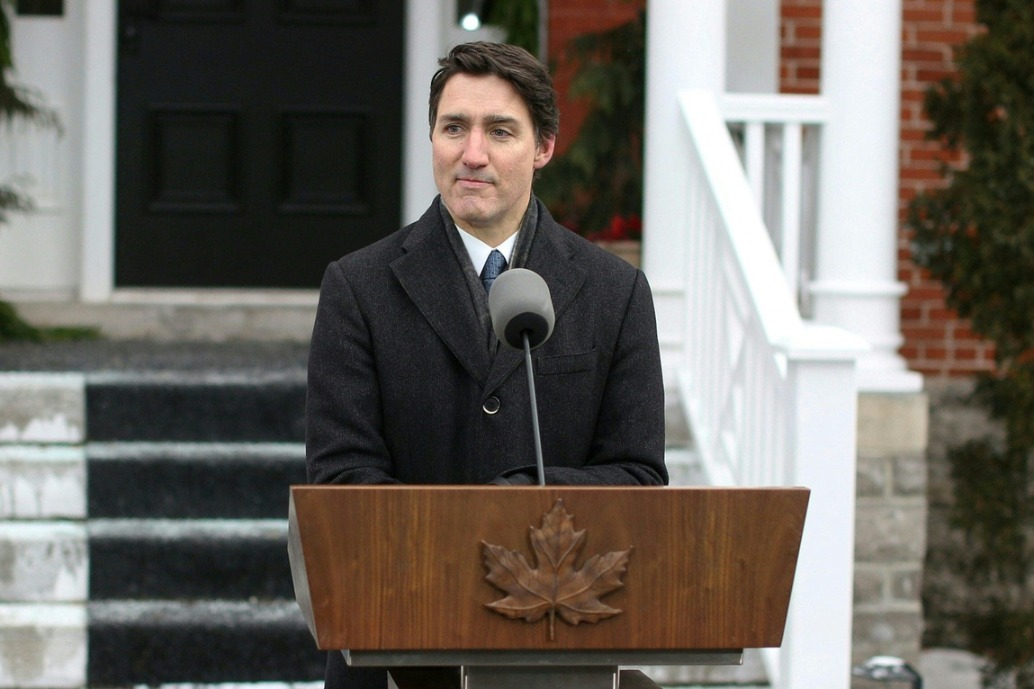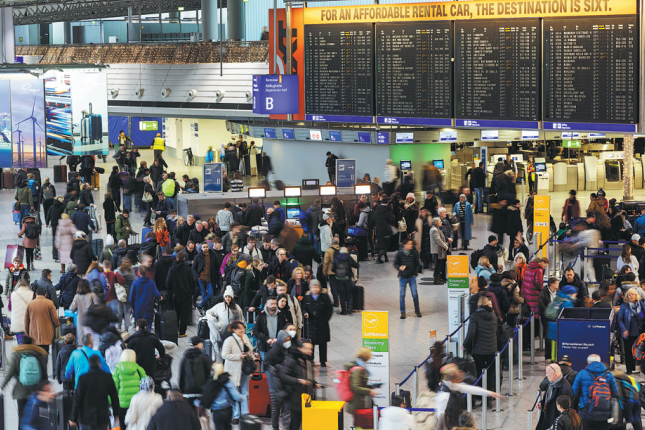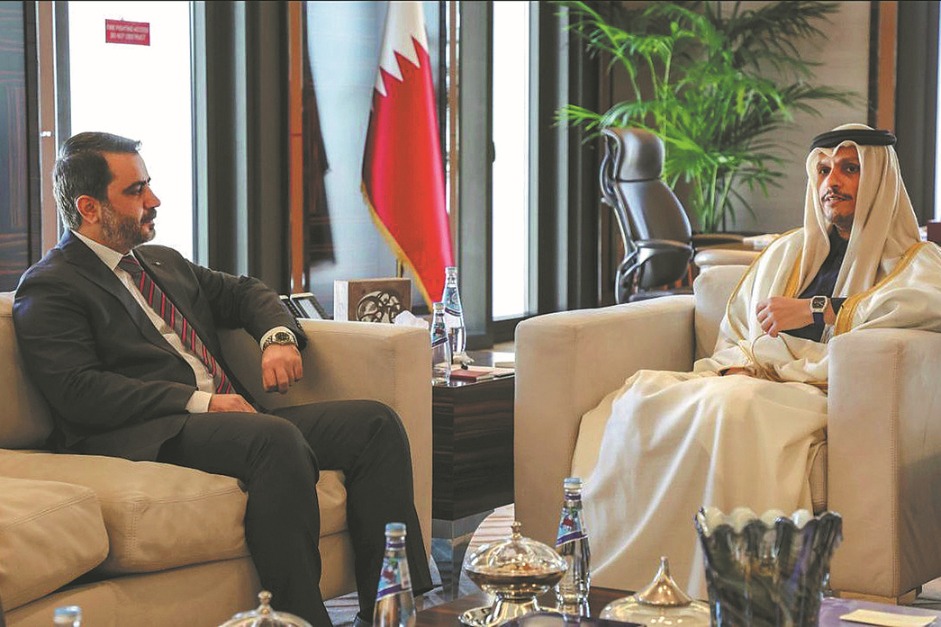German SPD gives greenlight to formal coalition talks with Merkel

The tight vote difference showed that many within the SPD are opposed to the idea of a renewed "Grand Coalition," worrying that SPD would be further marginalized and dwarfed and thus suffering even worse defeat in the future.
As the SPD and the Union joined hands after the 2013 federal elections, many SPD members, especially the left and youth wings, held it accountable for SPD's worst vote turnover in the 2017 election.
Kevin Kuehner, leader of SPD's youth wing, said in his speech that the party should risk going into opposition to allow it to gain in strength.
Some SPD delegates told Xinhua that they were worried about the further split of the party due to such close votes, while others said the decision could unite different opinions.
With the vote, the SPD avoided a crisis, otherwise the resignation of Schulz had been expected.
Following the Sept. 24 elections, Schulz initially announced that SPD rejected further Grand Coalition and would go into opposition.
However, after the exploratory talks among the Union and two small parties broke down in late November, the SPD changed its stance in the midst of increasing political and public pressure.
If things go well, it is expected that the German new government will be formed around the Easter, which falls on April 1, and Germany's longest ever period without a new government will finally conclude.
After that, however, a major obstacle must be overcome: over 440,000 SPD members will vote on the coalition agreement and thus have the last word.

















